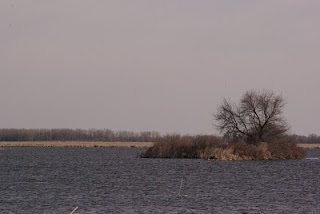
Ever since attending a creativity - success and pitfall - talk with singer/songwriter Suzanne Vega a week ago, my mind has coursed over how I play/work and interact with the whole that is bigger than the sum of its parts. This wasn't a direct theme of her talk, but she spoke numerous times to intuition - paying attention to what Chogyam Trungpa would call "first thought, best thought" - not the first chronological thought to come (which often seems to be neurotic) but the primal first thought, the core thought, the root basic wisdom. It often doesn't fit quite logically, seems un-linear and incongruent. Vega gave many examples of this under the auspices of intuition, which a few weeks ago a student asked about. It is, ironically, so hard to define, so ineffable, by nature. All we can do is point to it, a bit like relating to the moon, only the moon is actually inside of us.
Last night I taught the second of two (too short, but fitting to the form, the students and I joked) Haiku class through Olbrich Botanical Gardens. Haiku, the Nature of Haiku, as the course was titled, is just this: the empty space, the what-isn't-being-said but somehow can still be felt by the listener. Basho is famous for saying that less than half an experience should actually be "documented" in the haiku - "less is more" as a student said in her introduction, is something worth (ironically) aspiring to. Why is it that less is more? Because, it seems, the more space there is, the richer the situation is. When we are filled with neurotic thought (and believe me I know that state well) there is little room for potential, for realization, for connection. One analogy from the readings placed the two main images of the haiku in relation to each other like sparkplugs - there needs to be enough space for the electricity to jump, but not so much that it cannot reach across the divide. This is the middle path - an opening that is "just right" - not too big, not too small, and utterly empty of expectation.
This is a lot to say, and still, it is not it. There is no way to say it. I smile as I write this - I am not frustrated by that, not today at least. The breeze flowing into my office window reminds me that space is mobile and full, that room is worthwhile making room for. Aviva's paws pushing at my back from behind me on my chair (her favorite place to curl up while I am working) remind me of the same, pointing to the same heart, the same space inside.
"so many words about it
the only language is you don't open your lips"
ikkyu

